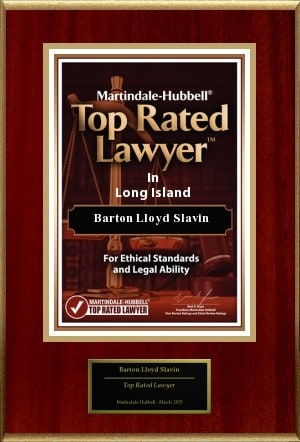 A Last Will and Testament is a legal document that contains a statement of how a person wants his or her property to be distributed after they die. Ideally, the statement contained within the Will should contain detailed and clear instructions that allow the intent of the decedent to be correctly carried out. Without an executed and properly recorded Will, the intent or wishes of the decedent play no role in the distribution of their property. Instead, a person without a will is said to have died, intestate, and property is formulaically distributed under New York Estates, Powers and Trust Laws (EPTL).
A Last Will and Testament is a legal document that contains a statement of how a person wants his or her property to be distributed after they die. Ideally, the statement contained within the Will should contain detailed and clear instructions that allow the intent of the decedent to be correctly carried out. Without an executed and properly recorded Will, the intent or wishes of the decedent play no role in the distribution of their property. Instead, a person without a will is said to have died, intestate, and property is formulaically distributed under New York Estates, Powers and Trust Laws (EPTL).
CONTINUE READING
 New York is one of twelve states that have enacted No-Fault insurance law in order to protect individuals injured in motor vehicle accidents. No-Fault law removes, in part, the evaluation of each party’s fault in the causation of the accident and requires that insurance company pay up to $50,000 for legitimate economic losses related to the accident. Covered damages include, among other things, expenses for medical care and lost earnings. One major exclusion from coverage under New York No-Fault laws is damages for alleged pain and suffering. This requires an injured party to commence a separate bodily injury claim, which is evaluated under distinctly separate laws. CONTINUE READING
New York is one of twelve states that have enacted No-Fault insurance law in order to protect individuals injured in motor vehicle accidents. No-Fault law removes, in part, the evaluation of each party’s fault in the causation of the accident and requires that insurance company pay up to $50,000 for legitimate economic losses related to the accident. Covered damages include, among other things, expenses for medical care and lost earnings. One major exclusion from coverage under New York No-Fault laws is damages for alleged pain and suffering. This requires an injured party to commence a separate bodily injury claim, which is evaluated under distinctly separate laws. CONTINUE READING










